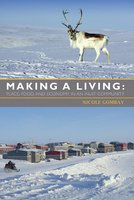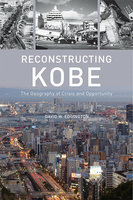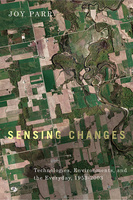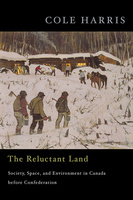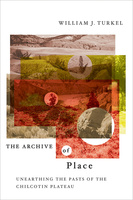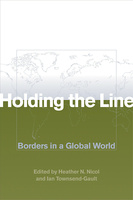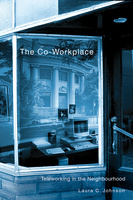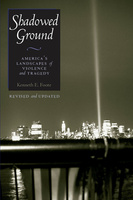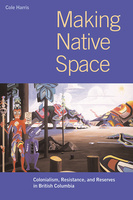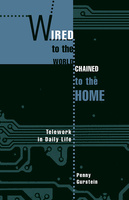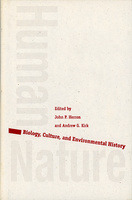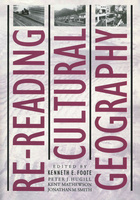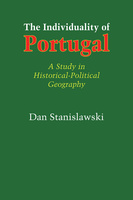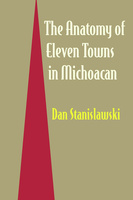Making a Living
Place, Food, and Economy in an Inuit Community
A social and cultural examination of Indigenous societies as they strive to retain the values rooted in life on the land while adjusting to the realities of life in settlements.
To Know Our Many Selves
From the Study of Canada to Canadian Studies
In this comprehensive examination of a culture, Dirk Hoerder looks at the history of Canadian studies from sociological and political angles, and the changes to the discipline as more ethnicities are added to the cultural story of Canada.
Reconstructing Kobe
The Geography of Crisis and Opportunity
Explores the decade-long challenge to reconstruct Kobe after the Great Hanshin Earthquake of 1995.
Sensing Changes
Technologies, Environments, and the Everyday, 1953-2003
These narratives about state-driven megaprojects and technological and regulatory changes reveal how humans make sense of their world in the face of rapid environmental change.
Home Is the Hunter
The James Bay Cree and Their Land
The James Bay Cree lived in relative isolation until 1970, when Northern Quebec was swept up in the political and cultural changes of the Quiet Revolution. Home Is the Hunter presents the historical, environmental, and cultural context from which this recent story grows.
The Reluctant Land
Society, Space, and Environment in Canada before Confederation
The Archive of Place
Unearthing the Pasts of the Chilcotin Plateau
Weaves together a series of narratives about environmental history in British Columbia’s Chilcotin Plateau.
Shaped by the West Wind
Nature and History in Georgian Bay
This wide-ranging history of Georgian Bay examines changing cultural representations of landscape over time, shifts between resource development and recreational use, and environmental politics of place -- stories central to the Canadian experience.
Place Matters
Geospatial Tools for Marine Science, Conservation, and Management in the Pacific Northwest
Holding the Line
Borders in a Global World
This volume contains contributions from twenty-four scholars concerning the significance and implications of the world’s borderlands in economic, political, and socio-cultural contexts.
The Co-Workplace
Teleworking in the Neighbourhood
Borrowing from the experience of cooperative artists' studios, business incubators, and the corner copy shop, this book explains why office infrastructure can be important for productivity as well as the quality of work life.
Japan at the Millennium
Joining Past and Future
A critical, multi-disciplinary study of economics, politics, society and culture, this collection of essays examines the concepts of “change” and “continuity” in contemporary Japan.
Shadowed Ground
America’s Landscapes of Violence and Tragedy
Making Native Space
Colonialism, Resistance, and Reserves in British Columbia
It presents the most comprehensive account available of perhaps the most critical mapping of space ever undertaken in BC – the drawing of the lines that separated the tiny plots of land reserved for Native people from the rest.
Wired to the World, Chained to the Home
Telework in Daily Life
Will working from home solve many of society's ills, or create new ghettos? This book analyzes the experiences to look at workload, mobility, work status and gender to understand the implications of telecommuting on employment policies, community planning and daily life patterns.
Human/Nature
Biology, Culture, and Environmental History
Provocative essays explore how ideas about human nature inform or shape human understanding of nature and the environment.

